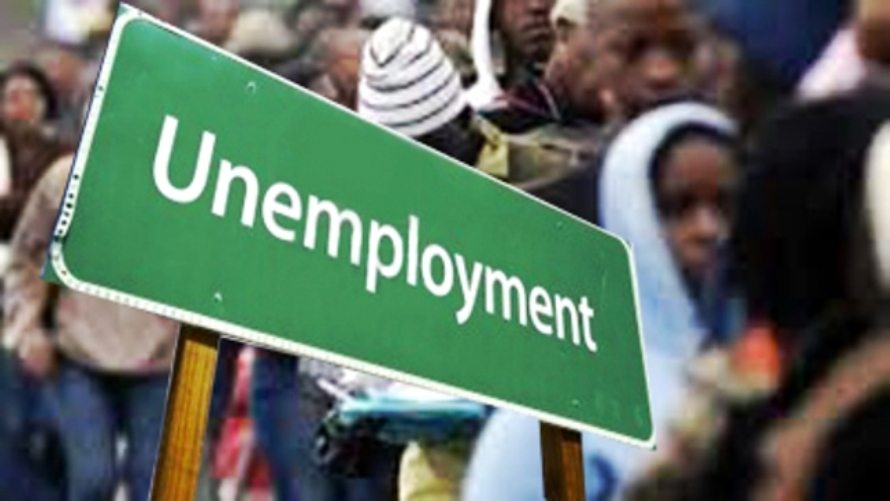It is nothing short of a nightmare that as many as 23 million Nigerians or 33 per cent of the country’s 69 million workforce are unemployed. Meanwhile, the rate of underemployment is also as high as 23%, based on report of the last quarter of 2020.
According to the Nigerian Bureau of Statistics (NBS), a combination of these figures amounts to 38 million or 55% being the figure of Nigerians that qualified technically as unemployed for doing nothing within the period under consideration, or worked for less than 20 hours a week.
The figure reflects a spike over the figure of 27.1% in the first quarter of 2020. On a comparative basis, the figure constitutes an all-time high in the history of the country, as it is also the highest among several countries monitored by Bloomberg.
On a more ominous note, the country is sitting on a time bomb, as the most affected by the situation are the youth population for whom the state of affairs translates to an unsure future. An immediate challenge for the country is the likelihood of the situation luring the youths into criminality, and escalate the already runaway state of insecurity for the country.
Although, the case of 2020 may be excused as extraordinary given the incidence of the COVID-19 pandemic which blighted much of the economic activities in the country and destroyed jobs, just as it affected the rest of the world, unemployment and underemployment have been historically problematic issues in the Nigerian economy.
Until the advent of COVID-19, the problems of unemployment and underemployment were traceable to systemic factors which bordered on poor planning and failure to do the needful by successive governments, which had always proposed job creation as a priority on their respective economic agendas, but left office without delivering on their promises.
One of the most prominent causative factors for endemic unemployment is the wide disconnect between the country’s educational system and its manpower requirements. Much of the products of the country’s educational system are not fitted for regular employment in the labour market. Another factor is the external orientation of the import-dependent Nigerian economy, which exports much of the available jobs to other countries to the detriment of local productivity. These are issues that should be addressed immediately as a way of tackling the problem.
Even the present administration of President Muhammadu Buhari which came to office in 2015 with lofty plans for addressing unemployment has recorded abysmal failure in that respect. The consequence of the failure is the trending spate of widespread malcontent across the country with an attendant escalation in criminality – notably armed robbery, kidnapping for ransom as well as armed insurgency. It is a trite condition in economics as had been eloquently advocated by 18th-century economist Adam Smith and others, that no society can be happy and thriving when the wider cross-section of its populace is jobless, poor and hungry.
Given that among the complement of indicators for appraising the health of any economy, the rate of unemployment trumps the rest as it captures the quality of life of the citizenry, it remains incumbent on the Buhari administration to address the challenges squarely. To put the situation succinctly, as far as employment in the country is concerned the administration remains a colossal failure and needs to reverse itself in respect of much of its predilections.
As had been severally advocated, the extant policies for job creation in the country have proved inadequate as they are based on trade cycles as well as government patronage, and not related to the core economic realities on the ground. Rather than the aforementioned scenario, sustainable progress in job creation is driven by the private sector which needs to be encouraged to expand by the government at various tiers. The way open for the administration is to consider the challenge of job creation a matter of national emergency, as to do otherwise is to continue imposing on the economy a regime of arrested development.

 Join Daily Trust WhatsApp Community For Quick Access To News and Happenings Around You.
Join Daily Trust WhatsApp Community For Quick Access To News and Happenings Around You.


